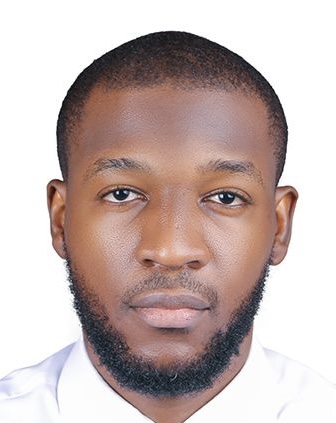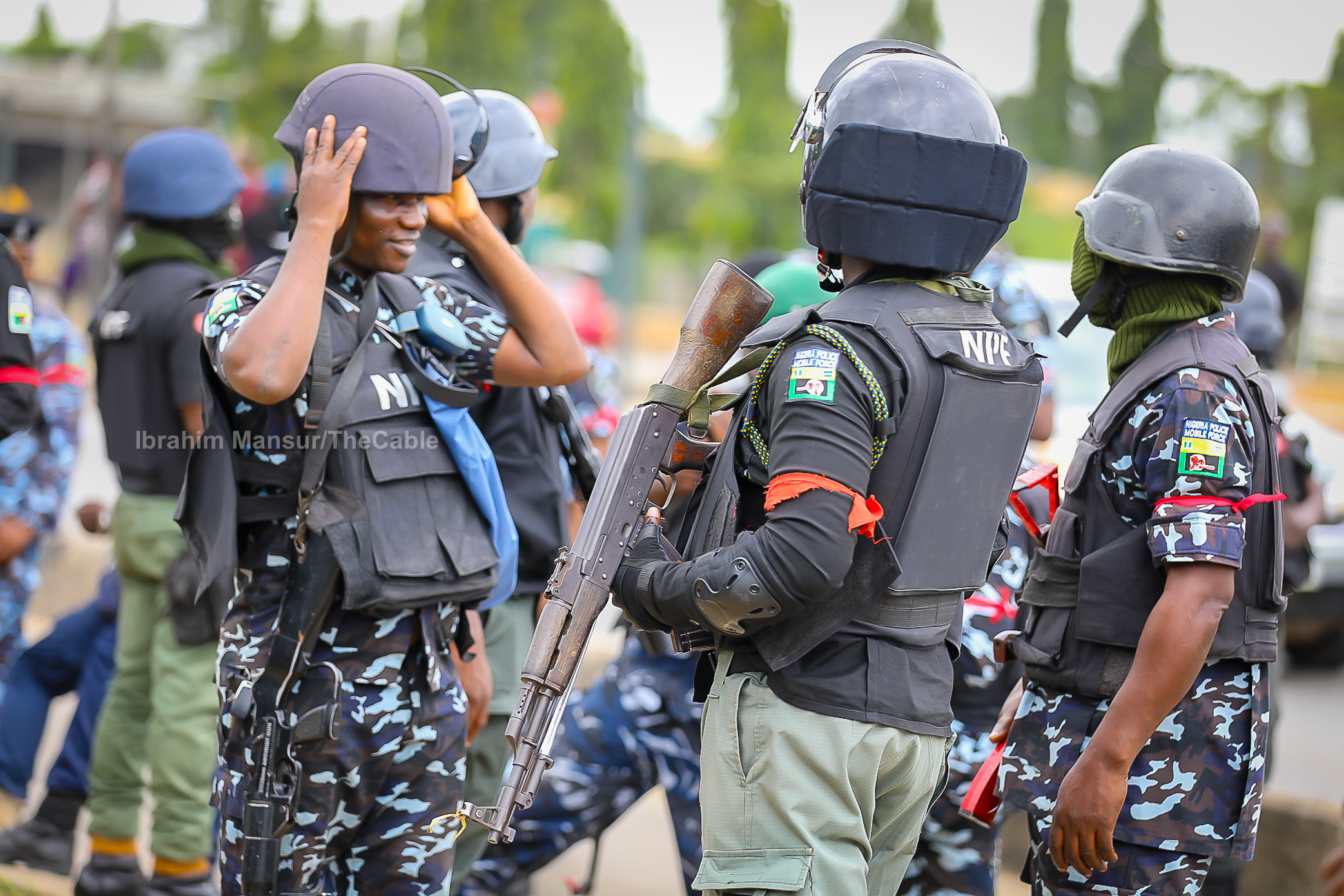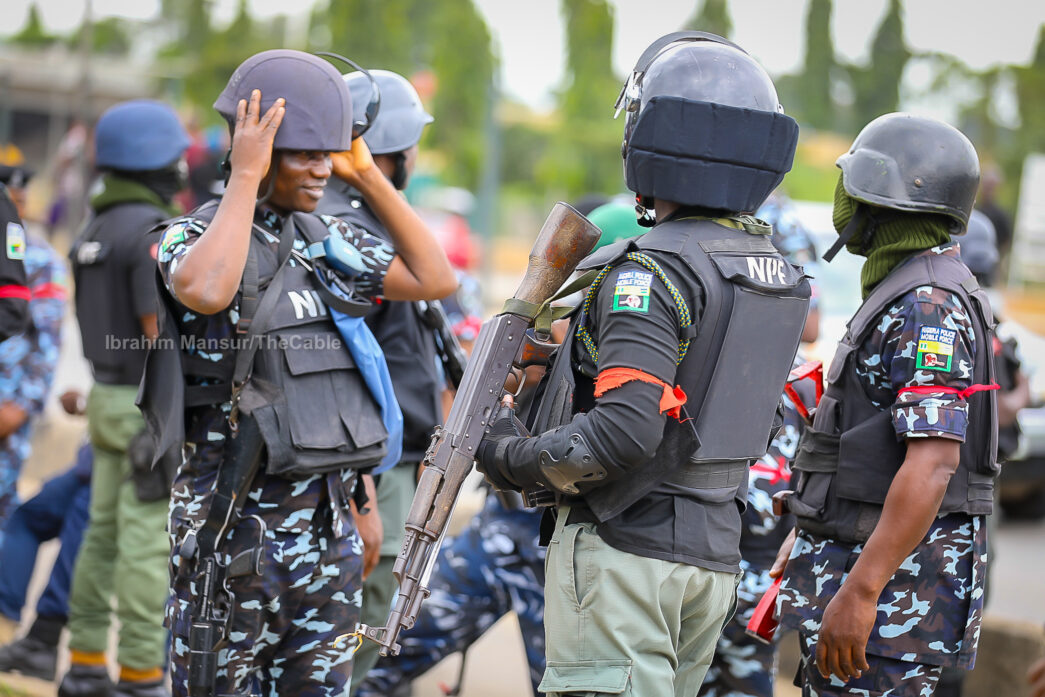Police officers | File photo
Across the shadowed valleys of Kwara State, where the gentle winds once whispered tales of harmony—the very motto etched into the soul of its people—a grim specter has descended. Recent killings, like venomous thorns piercing the fabric of communal peace, have left families shattered and communities in mourning. As a son of this soil, my heart aches with the weight of loss, for Kwara is not merely a place on the map but a symphony of shared histories and intertwined destinies. Yet, in this hour of despair, a clarion call emerges: the urgent need for state police. No longer can we cling to the fragile illusion of centralized security, a distant federal apparatus that stretches thin across Nigeria’s vast expanse. State police, empowered and localized, represent the bold stride toward reclaiming our safety, transforming passive lament into proactive guardianship.
Imagine guardians woven from the very threads of the community they protect—indigenous officers who navigate the labyrinthine paths of their homeland with intimate knowledge, who speak the dialects of trust and empathy. In Kwara’s verdant fields and bustling markets, these sons and daughters would not be alien enforcers but kin, bound by blood and belonging. They would discern the subtle undercurrents of unrest, the hidden trails where shadows conspire, far better than outsiders dispatched from afar. Trust, that elusive elixir of effective policing, would flourish; citizens would see in these officers reflections of their own faces, their own struggles. And in turn, the officers, ever mindful that failure strikes at their families’ hearths, would wield their duty with unyielding resolve. This is no utopian dream but a pragmatic renaissance, where familiarity breeds vigilance and accountability eclipses apathy.
Yet, detractors murmur the familiar refrains: governors, they warn, will twist this power into instruments of tyranny, or Nigeria, in its nascent development, lacks the maturity to wield such autonomy. These are but cowardly excuses, veils for inertia in a nation forged from the fires of independence. How can we deem our governors chief security officers in title alone, denying them constitutional command over the very forces that safeguard their realms? This is a phenomenal fallacy, a constitutional paradox that mocks the essence of federalism. Abuse of power is not inevitable; safeguards—independent oversight, federal checks, and judicial review—can temper ambition, just as they do in matured democracies. To hide behind underdevelopment is to condemn generations to cycles of violence, forsaking the courageous leap that progress demands.
Across the globe, nations have embraced decentralized policing, reaping harvests of security where chaos once reigned. In the United States, state police forces have quelled localized threats with precision, as seen in California’s Highway Patrol, which dismantled gang networks through community-embedded operations, reducing violent crime in urban hotspots by fostering alliances with residents. India’s state police model, tailored to diverse regional realities, has curbed insurgencies in states like Punjab, where local officers, attuned to cultural nuances, infiltrated and neutralized militant groups that federal forces struggled to penetrate. Even in Brazil, amid its federated structure, state military police have transformed favelas from war zones into stabilized communities by integrating indigenous recruits who bridge divides of distrust. These exemplars illuminate the path: when policing mirrors the mosaic of a society, insecurity withers under the light of localized efficacy.
Advertisement
Thus, Nigeria must summon the valor to institute state police, eschewing the perilous patchwork of vigilantes—brave souls armed with little more than resolve, ill-equipped against the arsenals of daredevil criminals. This reform, however, stands not in isolation; it must entwine with assaults on insecurity’s roots—igniting economic vibrancy, forging jobs that anchor restless youth, and nurturing the harmony that Kwara’s motto so poignantly evokes. In the wake of these tragic killings, let us not perpetuate the status quo’s sorrowful dirge. Instead, embrace the dawn of empowered states, where security is not imposed from above but blooms from within, healing the wounds of a beloved homeland and heralding a safer tomorrow for all.
Belgore writes from Abuja.
[email protected]
X: @amintin
Advertisement
Views expressed by contributors are strictly personal and not of TheCable.














